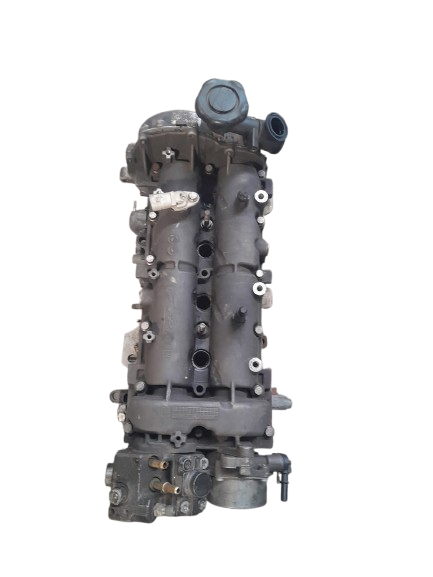
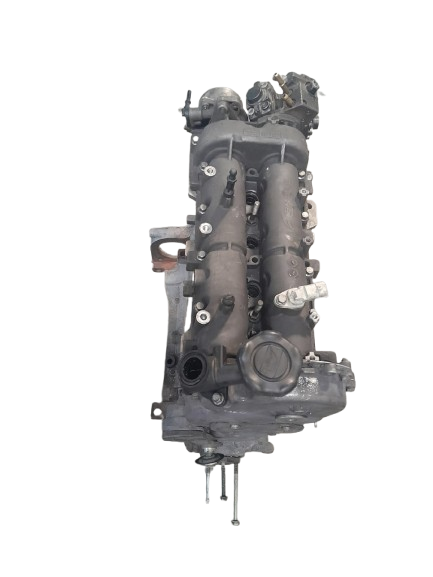
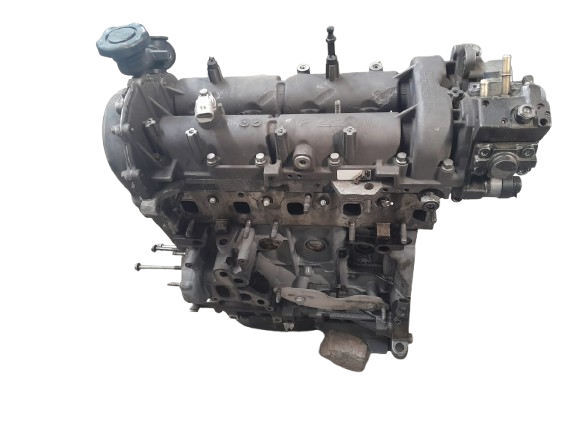
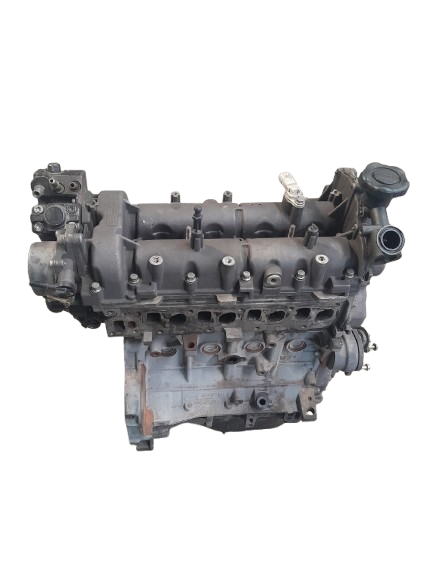
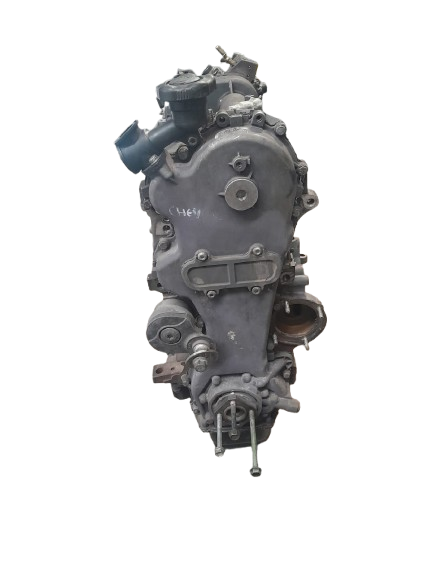
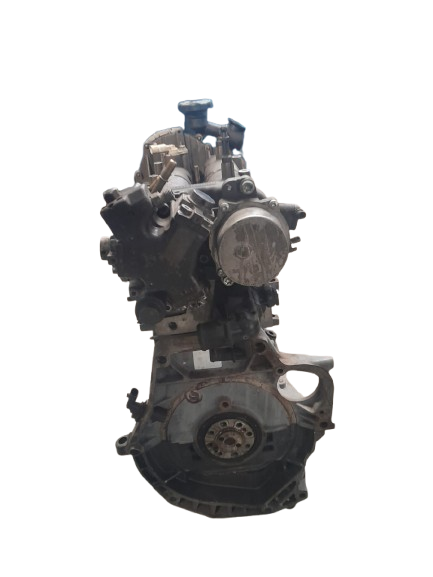
Overview
The Chevrolet Sonic 1.3 Z13D engine represents a practical blend of fuel efficiency, compact design, and reliable performance, tailored for small cars in the Chevrolet lineup. Found primarily in European and select international markets, this diesel engine offers a smart balance between economy and usable power, making it a favorite among drivers who prioritize low running costs and longevity.
Engine Specifications
The Z13D engine is part of General Motors’ Z13D diesel engine family, which was jointly developed with Fiat and Opel. It is a 1.3-liter, inline four-cylinder, turbocharged diesel engine, featuring common rail direct injection technology. Displacement is approximately 1248 cubic centimeters, and it typically produces around 75 to 95 horsepower, depending on the variant and market tuning. The engine’s maximum torque output ranges from 180 to 210 Nm, available at relatively low RPMs, which gives the Sonic excellent mid-range pull and city drivability.
Technology and Design
The Z13D engine uses an aluminum cylinder head and a cast-iron block, ensuring a solid balance between weight reduction and structural strength. It employs a DOHC (Double Overhead Camshaft) configuration with 16 valves, enabling better air intake and exhaust efficiency. The turbocharger, coupled with intercooling, enhances low-end torque and overall responsiveness. The common rail injection system allows precise fuel delivery at high pressure, optimizing combustion, improving fuel economy, and reducing emissions.
Performance and Efficiency
Designed primarily for economy, the Z13D engine offers excellent fuel efficiency, often exceeding 20 km/l (around 57 mpg) in combined driving conditions. While not designed for high-speed performance, it delivers a smooth and quiet drive suitable for urban commuting and long-distance travel alike. Low CO₂ emissions also make it a strong performer in environmental regulations, often meeting Euro 5 standards.
Maintenance and Reliability
Owners appreciate the Z13D’s reliability, provided it is maintained with regular oil changes, high-quality diesel, and timely filter replacements. The timing chain system, rather than a belt, reduces long-term maintenance costs, though it should still be monitored for wear. Its components are widely shared with Opel and Fiat models, making parts availability good in most regions.
Conclusion
The Chevrolet Sonic 1.3 Z13D engine exemplifies a practical diesel powertrain built for efficiency and durability. With its balance of torque, economy, and low emissions, it remains a compelling choice for drivers seeking dependable, cost-effective motoring in a compact car.
